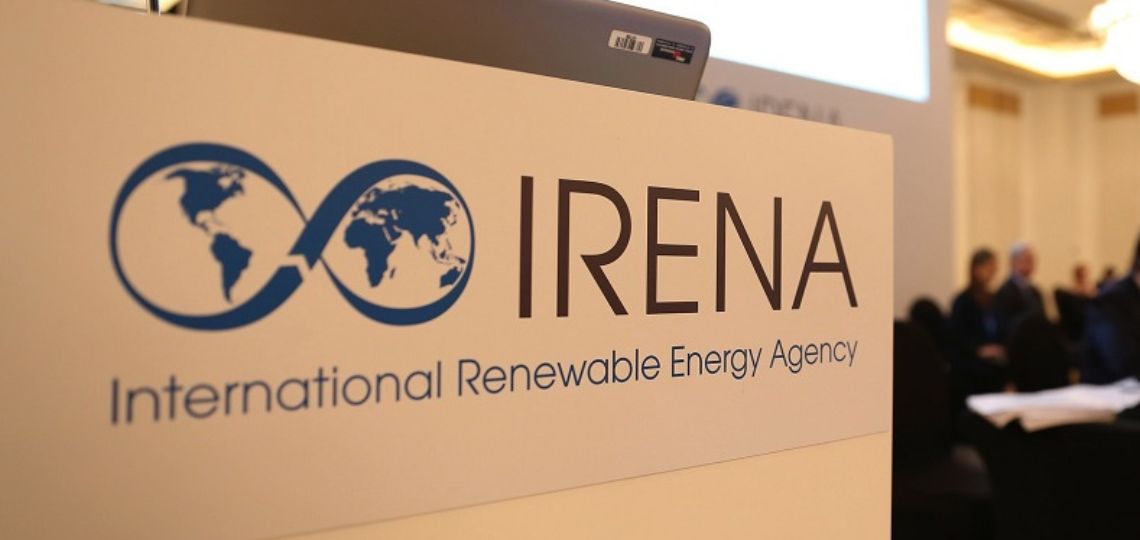The International Renewable Energy Agency (IRENA) has said that Malaysia needs to double its investment in renewable energy to reach its carbon neutrality target by 2050. The required investments would amount to at least $375 billion.
Malaysia’s ambitions for energy transition
Malaysia has committed to significantly reduce its greenhouse gas emissions by 2030 and reach net zero emissions by 2050. However, IRENA Director General Francesco La Camera told Reuters in an interview that current energy policies may be insufficient to meet these energy transition goals.
Malaysia’s challenges in the fight against climate change
Malaysia’s growing population and energy consumption would lead to increased greenhouse gas emissions. According to an IRENA report released Thursday, Malaysia’s emissions are expected to reach 280 million tons of carbon dioxide per year by 2050. Malaysia currently generates just over 1% of its electricity annually from renewable sources such as solar power and biofuels.
The investments needed to achieve carbon neutrality
To achieve its carbon neutrality goal, Malaysia must increase its total investment to between $375 billion and $415 billion. This includes solar, wind, hydro, and green hydrogen technologies, and could reduce energy-related emissions by up to 60%. IRENA also noted that this would help Malaysia save between $9 and $13 billion per year in cumulative avoided energy, climate and health costs, and phase out fossil fuel subsidies.
The need for intense collaboration
To achieve these ambitious goals, La Camera said intense collaboration between the public and private sectors, as well as with multilateral financial institutions, bilateral and regional agreements, is essential. Investment is also to come from abroad to support the development of renewable energy in Malaysia.






